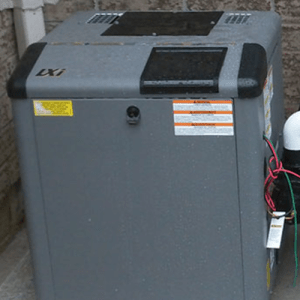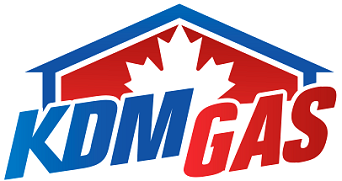 Pool heaters are a great piece of equipment that extend your swimming season and make it a more enjoyable experience. Like all pool equipment, your pool heater will require special care and proper installation.
Pool heaters are a great piece of equipment that extend your swimming season and make it a more enjoyable experience. Like all pool equipment, your pool heater will require special care and proper installation.
Do Not Cover Your Pool Heater. This may sound like bad advice but, once you cover up the pool heater it creates a warm escape for rodents to build nests for the winter. This could lead to potential damage to the heater. Mice like to eat wires, and their nests can get into the burner tray. If a mouse nest gets into the burner tray and is not visible it can start a fire. If you turn the heater on at start-up and don’t notice the nest it will burn and can cause damage to the heater and components.
Keep Pool Equipment Pad Clean. Keep leaves and grassy materials and landscaping plantings away from the heater. Keep a safe distance from the heater. Plantings and long grasses are locations where mice, chipmunks, etc live and hide. If you keep that clear of the heater, you will lessen the chance of them getting in your heater and causing damage.
Water Chemistry. Balanced water chemistry will help not only your pool heater last longer but all of your pool equipment and the finish of your pool. Monitor pH levels and chlorine levels and keep them at the levels recommended by the pool and or equipment manufacturer.
To prevent pool heater failures, you can take several proactive measures to ensure the longevity and efficient operation of your pool heating system. Here are some steps you can follow:
Regular maintenance: Schedule routine maintenance for your pool heater with a professional technician. This should typically be done annually or as recommended by the manufacturer. The technician will inspect and clean the heating elements, check for any leaks, and ensure the system is functioning optimally.
Keep the pool clean: Maintain proper pool chemistry and cleanliness. Clean and backwash the pool filter regularly to prevent debris buildup, as this can strain the heater and lead to clogging or other issues.
Monitor water flow: Check the water flow rate through the heater regularly. Insufficient water flow can cause the heater to overheat, resulting in damage. Ensure the pump is operating correctly and that the pool’s circulation system is properly balanced.
Install a pressure relief valve: Consider installing a pressure relief valve on the pool heater. This valve helps release excess pressure and protects the system from damage due to high pressure.
Protect from freezing: If you live in an area with freezing temperatures, take precautions to prevent freezing damage. Drain the heater and associated plumbing lines before winter arrives, or consider using a pool cover to help insulate the water and protect the heater.
Check for leaks: Routinely inspect the pool heater for any signs of leaks. Leaking water can damage the system and decrease its efficiency. If you notice any leaks, address them promptly by repairing or replacing the affected parts.
Proper ventilation: Ensure that the heater has proper ventilation to prevent the accumulation of exhaust gases. Blocked or restricted vents can lead to overheating and potential system failure.
Be mindful of electrical connections: Check the electrical connections periodically to ensure they are secure and not damaged. Faulty electrical connections can cause malfunctions and increase the risk of electrical hazards.
Read the manufacturer’s instructions: Familiarize yourself with the manufacturer’s instructions and guidelines for your specific pool heater. Follow their recommendations for operation, maintenance, and troubleshooting.
Professional installation: Ensure your pool heater is installed correctly by a qualified professional. Improper installation can lead to performance issues and potential failures.
